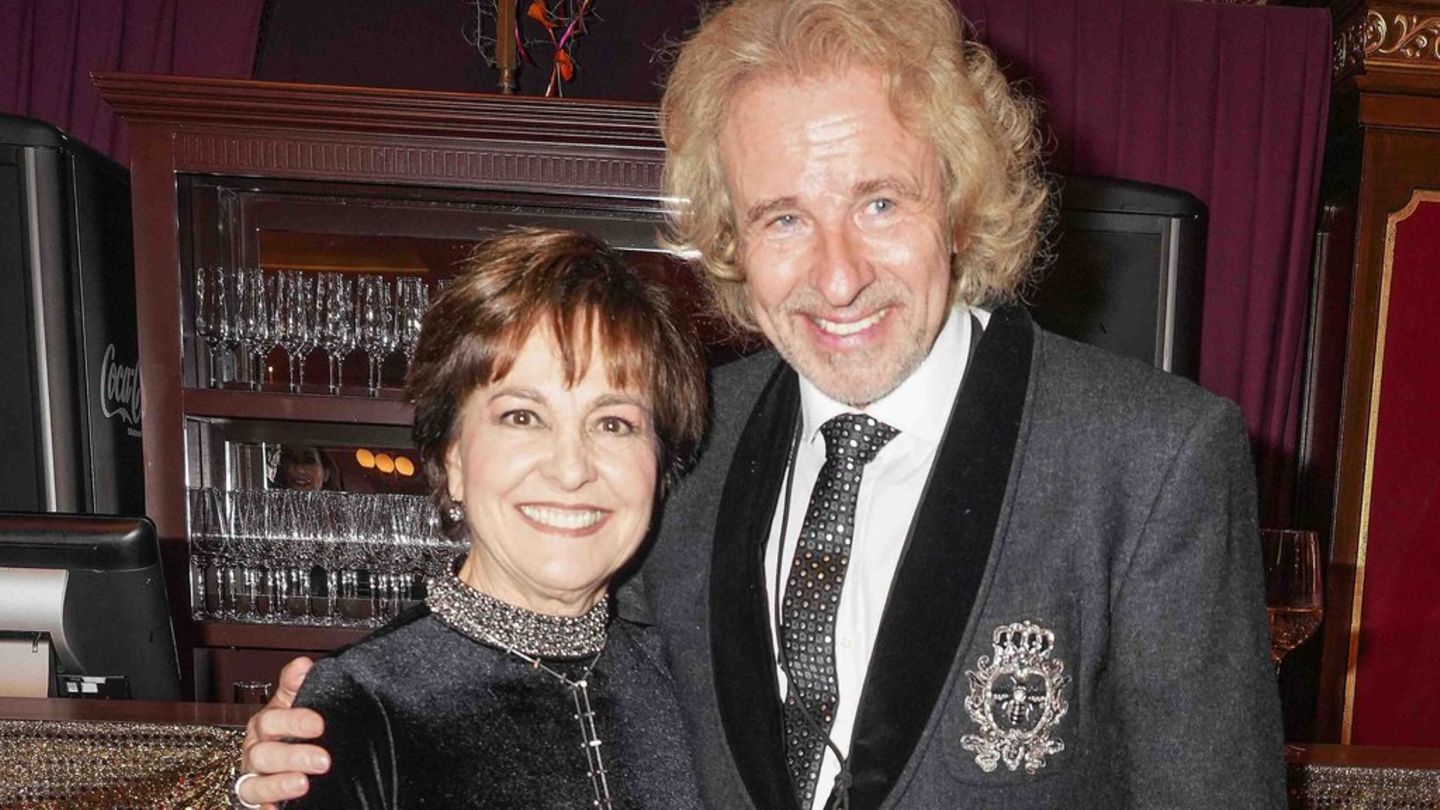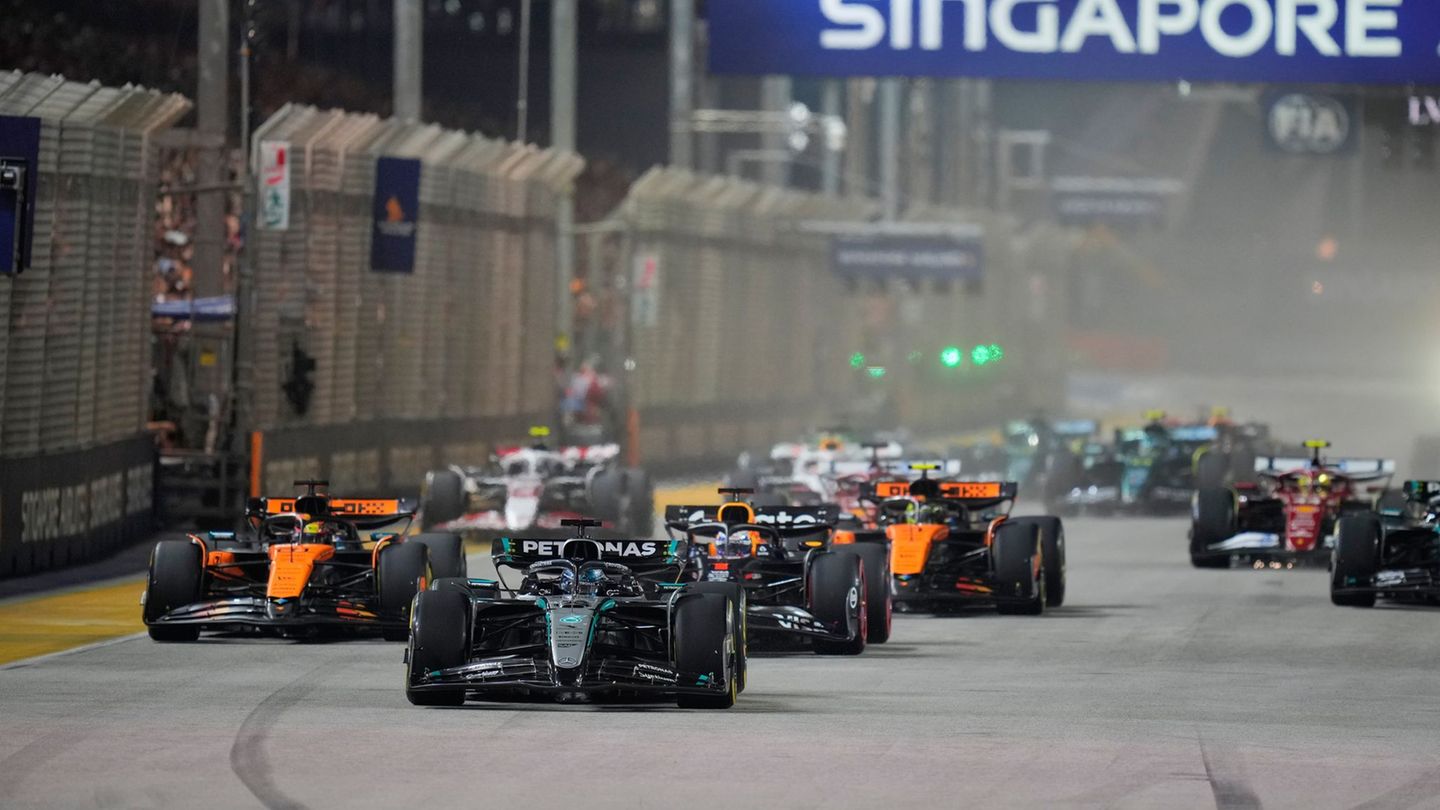“As a doctor, do you always have to assume the worst?” Monika Schurz writes to the OÖ Nachrichten. And thus addresses the medical director of the Salzkammergut Klinikum Tilman Königswieser. He is one of the medical experts with whom OÖN answers readers’ questions about the corona pandemic. And there are many questions, ambiguities and fears. “The fact is that we are observing the virus worldwide,” says Königswieser. “We doctors all expect that there will be another wave in the fall. But of course we hope that this will not happen.”
Criticized consultants
However, Austria has one advantage: “During the pandemic, we were never first in virus developments,” says the doctor in the state crisis team. So you have some time to react to changes in the virus in a timely manner.
Reader Kurt Binder criticizes the fact that too many doctors are getting involved in these political decisions: “I think there are far too many virologists giving advice in politics.” “It’s not the job of a virologist to make political decisions,” says Königswieser. “Politicians must determine which measures are justified and which are not – as experts, physicians can only advise.”
your concerns and questions you, dear readers, can send to us. Just send us an email leserbriefe@nachrichten.at
- All answers to reader questions about Corona
Question 1: May I ask you what you base your gloomy forecast of a new wave of infections in autumn? As a doctor, do you always have to assume the worst? If so, do you think this is the most successful way for you as a doctor?
Monika Schürz, e-mail
The fact is that we are observing the virus worldwide and we doctors all expect from what we see that there will be another wave in autumn. But of course we hope that this will not happen. If the simulation researchers predict high incidences, then as a doctor I can only prepare for it. But what we don’t know is how contagious the virus will still be in the fall, what the hospital numbers look like and how prepared society is. But we have an advantage here in Austria, we just have to look beyond our borders. In the pandemic, we have never been first in developments, we were able to react. That was our luck.
Question 2: I have been vaccinated three times and have recovered from a very mild infection since March 20th. A knee operation planned for mid-March had to be postponed. How much time must elapse between an infection and an operation?
Karl Pargfrieder, email
That always depends on the severity of the course and the urgency of the operation. In an emergency, i.e. when it comes to life-saving, urgent interventions, we can also operate on people who have tested positive. This is of course. On the other hand, even after recovery, the disease can lead to complications that could make surgery difficult. Here at the Salzkammergut Klinikum, where I am Medical Director, we operate on patients four to six weeks after they have recovered from the Covid-19 infection.
I’m not 100 percent sure how this is handled in other hospitals, but the time limit of up to six weeks will probably apply everywhere.
Question 3: In the case of a double recovery and a single vaccination, i.e. in the order recovered-vaccinated-recovered, is the second recovery actually considered a booster?
Petra Liedauer, email
That’s a very specific question. What is certain is that there are three immunizing events. Even if you have been infected a second time and have been vaccinated once, you are considered to have been immunized three times. This means that you do not have to be vaccinated again.
However, one question arises: What is now six months after the third sting, which in this case was an infection? Is vaccination still recommended or is that enough? It would be better to clarify this with the doctor treating you.
Question 4: Now we are hearing more and more from virologists and doctors that masks are not compulsory. It could also protect against the flu. You probably can’t be serious. Allow normality back. I think there are far too many virologists giving advice in politics.
Kurt Binder, email
It is not the job of a virologist to make political decisions. Politicians must determine which measures are justified and which are not – physicians, as experts, can only advise. They don’t make the decisions. They only make it clear how one can best protect oneself individually. There is no question that the mask is an excellent containment tool. And if some people don’t want to wear them anymore, then I’ll just say that I’ll continue to wear them anyway. That I don’t just look at myself, but also at those who are weaker. In the hospital, it would also be irresponsible not to wear a mask. I’m just putting others in danger.
Question 5: I have been vaccinated twice and recovered once. The “recovery certificate” expires in May. But I would like to wait until September for the booster vaccination: is this third stitch a booster or do I have to start all over again, i.e. with the basic immunization?
PH, Linz
No, of course you don’t have to. You don’t have to start from scratch and get your first and second shots just because your certificate of recovery has expired. Even if it is administered later: The third sting is considered a refresher, a booster.
In general, I would endorse the view expressed in the question. Hybrid immunity from vaccination and recovery is a particularly good protection. A protection that will also be sufficient over the summer until September. Provided you don’t belong to a particularly vulnerable group. Now, thinking of a likely fall wave, it would be best to get vaccinated just before that. Because then the vaccination protection is still freshest.
Question 6: We – I am 75 years old and my husband is 82 – would like to know when a fourth vaccination is recommended. We were vaccinated for the third time at the end of October and so far have been spared Corona. But since many friends are ill, we definitely want to get vaccinated.
Renate Seper, email
The National Vaccination Committee only recommended the fourth stitch a few days ago for those over 80 and those over 65 with previous illnesses. These age groups should be immunized again at the earliest four months, ideally six months after the third bite. Of course, most of them in this age group have already reached half a year because they were vaccinated in October. The six months end in May, for some in June.
But these are not regulations, just recommendations. On the other hand, I would suggest that you don’t get vaccinated until the beginning of September, when the corona flu wave is upon us in the autumn. As I said, the protection is best immediately after the corona vaccination.
Source: Nachrichten




